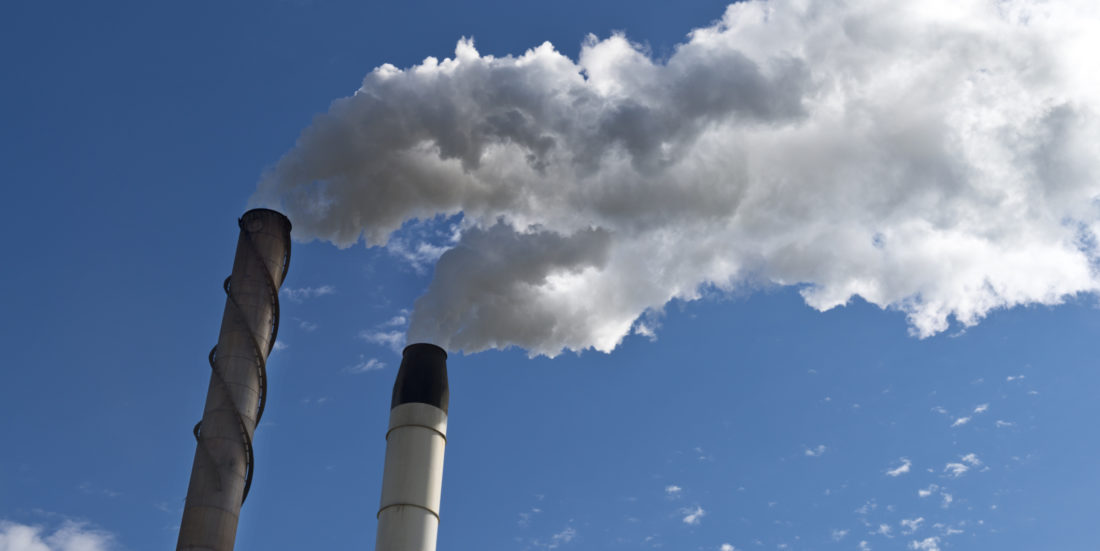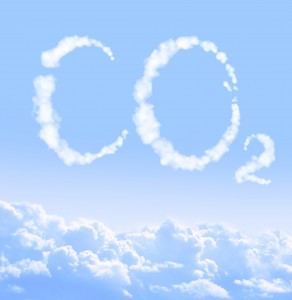Carbon capture and storage essential to reach climate target
Carbon capture and storage (CCS) is essential if the EU’s climate target is to be reached in a cost effective way. Extensive governmental support in the form of subsidies is necessary to support early implementation of this technology.
The European Commission has concluded that global greenhouse gas emissions cannot be reduced by the necessary 80 per cent by 2050 unless methods such as carbon capture and storage (CCS) are put into place.
The European Commission’s findings are supported by the European Technology Platform for Zero Emission Fossil Fuel Power Plants (ZEP). This is a coalition of different organizations and companies, including SINTEF, Bellona, Statoil and Aker.
The price for emitting CO2 is low now, but over time it is thought that prices will be high enough to make CCS profitable without subsides.
“Eventually these facilities will be profitable for companies because it will be more expensive to pollute than not,” says Professor Asgeir Tomasgard at the Norwegian University of Science and Technology (NTNU). Tomasgard is also the leader of CenSES, the Centre for Sustainable Energy Studies based at NTNU and a senior researcher at SINTEF.
ZEP has concluded that if we want to see CCS facilities put into place today, governments must support their operations as well as their construction. The methods and analysis used by ZEP have been developed at NTNU by Tomasgard, Gerard Doorman and Christian Skar.
Emissions must go down
The target is still a 20-30 per cent reduction in greenhouse gas emissions from 1990 levels by 2020 to limit a global temperature increase to a maximum of 2 degrees Celsius. The EU’s goal for 2050 is an 80 per cent reduction.
“If we do not use CCS it will be difficult and expensive to reach the targets for emissions cuts by 2050,” says Tomasgard. The alternative is a technology that not yet been envisioned.
Emissions of CO2 and other greenhouse gases must go down. Today 80 per cent of the world’s energy needs are met by fossil fuels, of which there are also large reserves. It is unlikely that fossil fuels will be replaced entirely by more environmentally friendly energy sources right away. For that reason it is vital to capture and store emissions of CO2 and other greenhouse gases so that the EU can do its part to reach the climate target.
Tomasgard and his colleagues in CenSES have studied different climate scenarios in the LinkS project, which is supported by the Research Council of Norway and Hydro, a Norwegian aluminium company. The scenarios look at different situations that result from reduced or stable emissions of CO2, as well as one scenario where all regions implement the same measures as the EU is planning to do. In all scenarios CCS is decisive in enabling carbon emissions to be controlled in a cost effective way.
Research at both CenSES and elsewhere at NTNU and SINTEF shows that the flexibility offered by Norway’s hydroelectric power and gas can be useful in a future where more of the energy needs are covered by sources other than fossil fuels.
Water reservoirs can be expanded to provide the extra energy needed when wind power production is not sufficient. Gas pipelines and fields close to the market can also work as a kind of storage. Natural gas is a more environmentally friendly and flexible alternative if CCS technology is implemented. Without CCS the future of gas power is uncertain as 2050 comes closer.
Europe is leading the way
Tomasgard thinks it is important that Europe and industrialized nations lead by example when it comes to CCS, because other countries will be more likely to follow. He believes that European politicians are prepared for this.
“It makes sense that Europe shows leadership now,” Tomasgard says, but he admits that the effect will be strongly reduced if the rest of the world doesn’t follow suit.
As a bonus, investments in this sector will lead to jobs, give the industry a boost and lead to economic growth, which ensures that Europe will be competitive in the development of new technologies for new energy sources, write the ZEP partners in their report.
It is not very likely that countries that are trying to establish stable economies and improve people’s living conditions will implement CCS unless industrialized countries do so first.
“Of course you risk that there will be free riders,” says Tomasgard.
Many are eager to use trade sanctions to get latecomers to participate in using CCS, but this is not an ideal approach. Economies in Asia and Europe are currently mutually dependent on each other, so that such sanctions may work. But this is not an ideal approach.
“I hope that we don’t end up with a situation like that,” says Tomasgard. “That would inhibit world economic growth and could easily be misused to distort competition in a way that is not motivated by climate politics.”
Several countries, such as China, have been more willing to do their part of late, by implementing local measures to reduce local pollution, for example. While these are local measures, the effects are also felt globally. Once the Chinese reduce their use of fossil fuels to improve health conditions locally, it could affect the entire globe.







